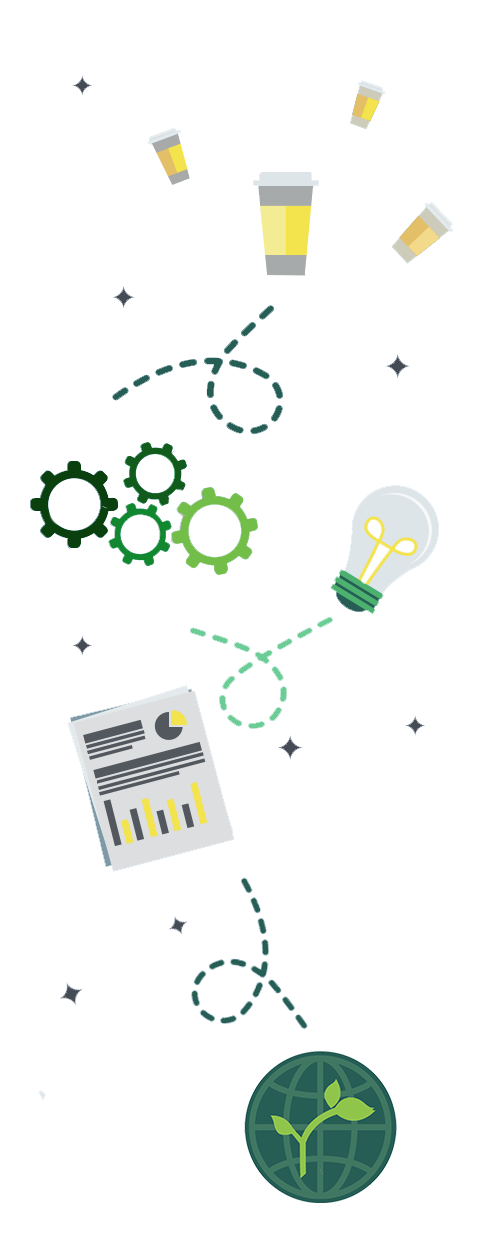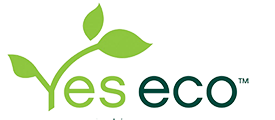
YesEco
YesEco is a provider of earth-friendly food service packaging. YesEco procures, warehouses, and develops unique packaging solutions using natural renewable resources and fibers. We specialize in Bagasse clams, bowls and trays. Cutlery made of MPLA(modified polylactide) and clear PLA containers made of corn.
Our products meet ASTM standards for compostability and biodegradability. We have our own certification number and manufacture and print any custom products using newest technologies. We are NOT reseller or broker. If you would like to take advantage of all benefits of our distributor program, please use this form.
PLA
The polylactic acid or polylactide (PLA) is a biodegradable, thermoplastic, aliphatic polyester derived from renewable resources, such as corn starch or sugarcanes. Although PLA has been known for more than a century, it has only been of commercial interest in recent years, in light of its biodegradability.
Bagasse
Bagasse is the biomass remaining after sugarcane stalks are crushed to extract their juice. Currently, bagasse is used as a renewable and upcycling resource in the manufacture of pulp, paper products, and building materials. Sugarcane is completely compostable.
Bagasse is frequently used as a primary fuel source for sugar mills. When burned in quantity, it produces sufficient heat energy to supply all the needs of a typical sugar mill, with energy to spare. To this end, a secondary use of this waste product is in cogeneration, the use of a fuel source to provide both heat energy, used in the mill, and electricity, which is typically sold on to the consumer electricity grid.
Compost
Compost is a combination of decomposed plants and other organic materials that are being decomposed largely through aerobic decomposition into a rich black soil.
The process of composting is simple and practiced by individuals in their homes, farmers on their land, and industrially by industries and cities.
How long bagasse products take to biodegrade?
Bagasse Sugarcane products commonly biodegrade within 90 days. While plastic can take up to 400 years to degrade and styrofoam never degrades.
For this reason, bagasse products are an environmentally sustainable solution for food service and packaging disposables industries. The rate of decomposition depends on the composting conditions – the temperature, turnover rate, moisture, etc. They will biodegrade much faster if the containers are broken into smaller pieces.
What is the difference between Biodegradable and Compostable?
The main difference between biodegradable and compostable is the latter breaks down into “humus,” which provides valuable nutrients to the soil. Biodegradable products just return to nature, disintegrating or disappearing entirely. This disintegration could take a week or years – another difference with compostable, where items must break down in a “timely” fashion, i.e., one-to-four months. (The FTC states biodegradable items have “reasonably short period” to break down, which hasn’t been clarified.)
Finally, compostable items must completely break down and not release any metals or toxins into the compost. Biodegradable products can leave metal residue in their return to nature.
